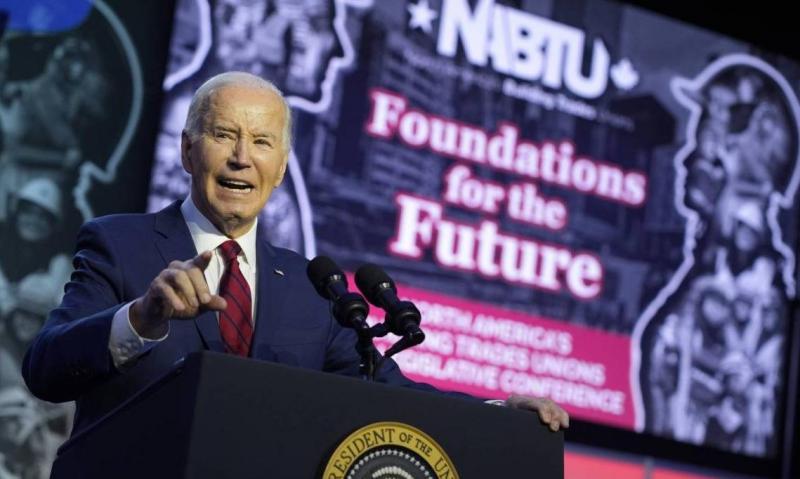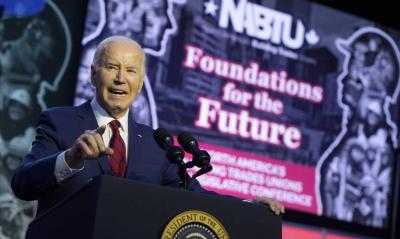On Sunday, U.S. President Joe Biden announced his withdrawal from the presidential election scheduled for November 5, which places the United States in unfamiliar territory.
**How is the Candidate Selected?**
There may be some competition among prominent Democratic figures for the party's nomination. This year, there are expected to be around 4,672 delegates, of which 3,933 will be bound to the results of their states, alongside 739 known as superdelegates, who are prominent members of the party. To win the party's nomination, a candidate needs to secure a majority, meaning more votes than all other candidates combined. This is what allies of Vice President Kamala Harris are currently trying to achieve—gaining the backing of the customary 1,969 delegates and blocking any competition. If no one manages to do so, the party will resort to what is known as a "brokered convention," where the delegates act as free agents and negotiate with party leaders. Rules will then be established, resulting in a roll call vote for the nominated individuals. It may take several rounds of voting for someone to achieve a majority and become the nominee.
**What Happens to Biden's Campaign Funds?**
At the end of May, the Biden-Harris campaign had $91 million in the bank, but campaign finance law experts disagree on how easily the funds can be transferred. Because Harris is also listed in the campaign registration documents, many experts believe the funds can be redirected to her if she secures the Democratic nomination. However, there is some debate about whether Biden must first obtain the party's official nomination before transferring the funds.




